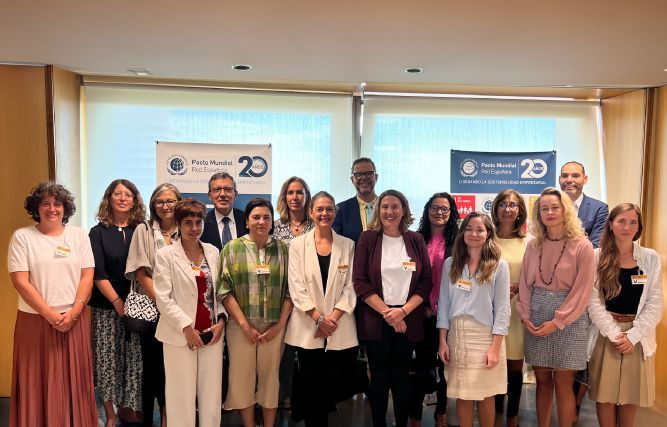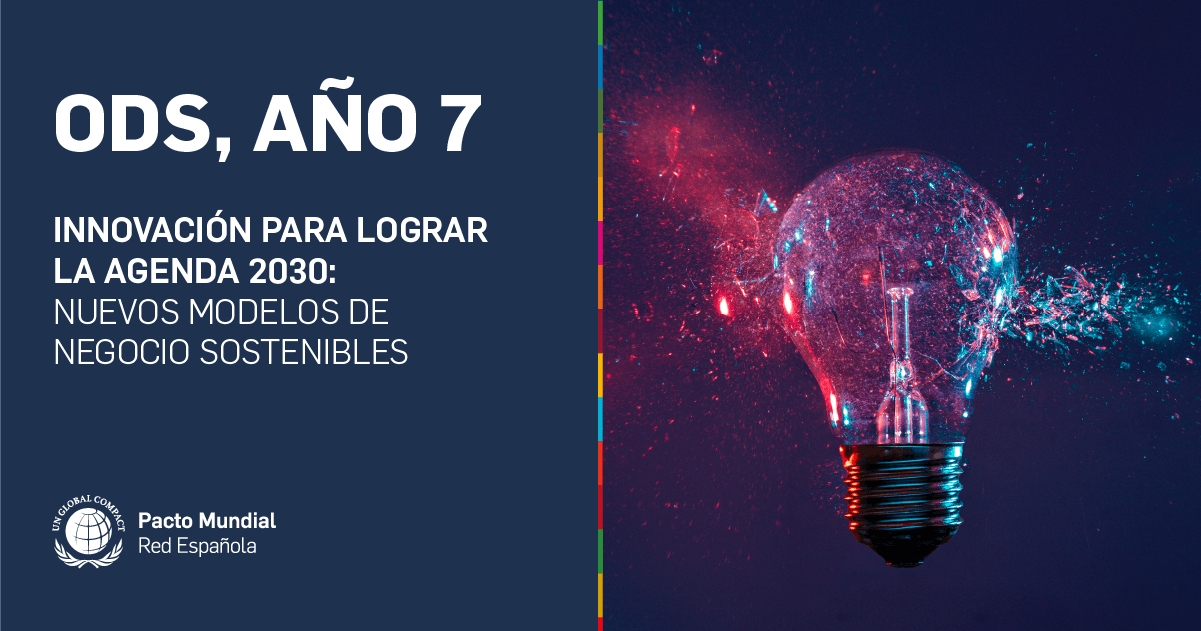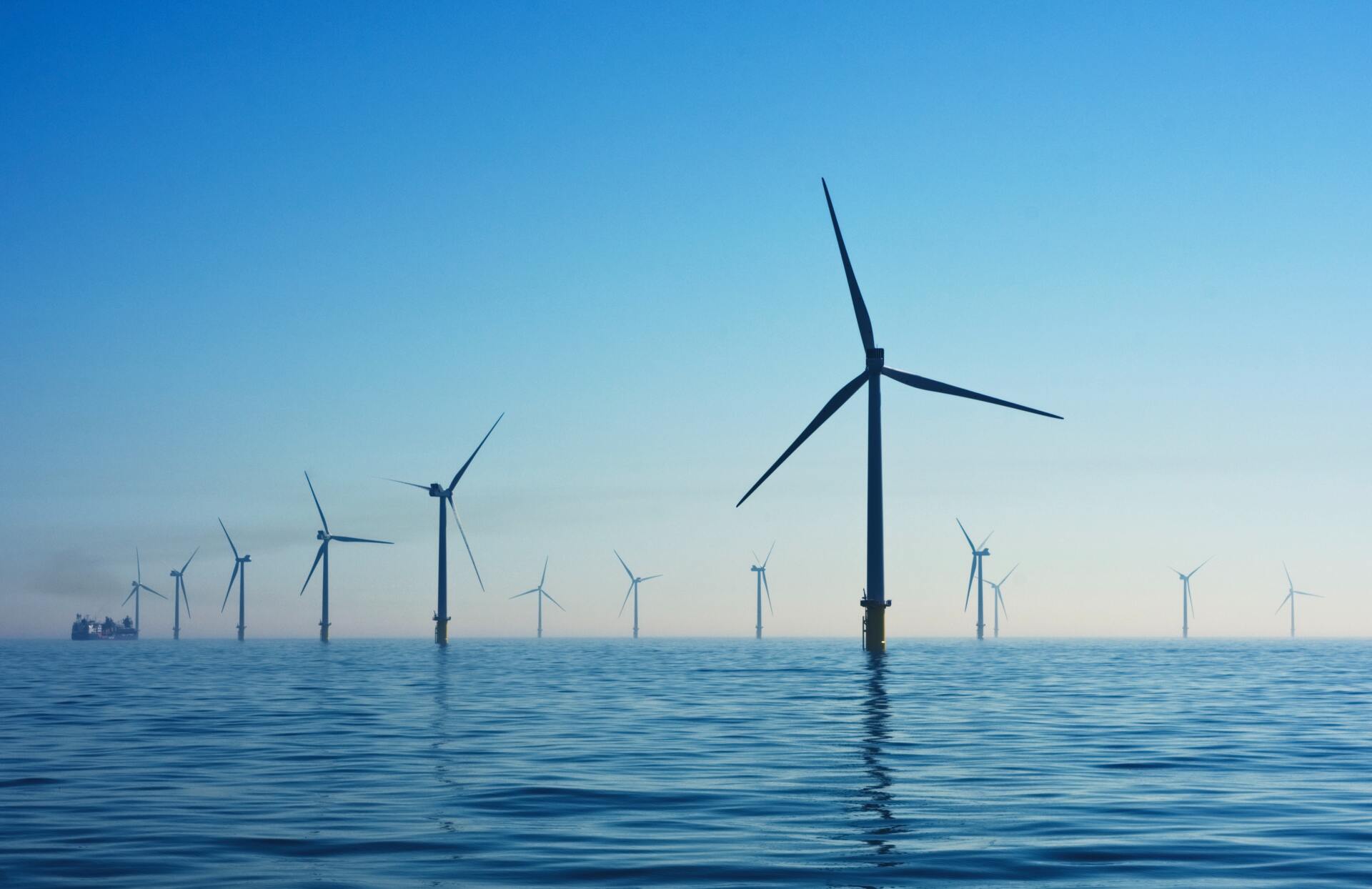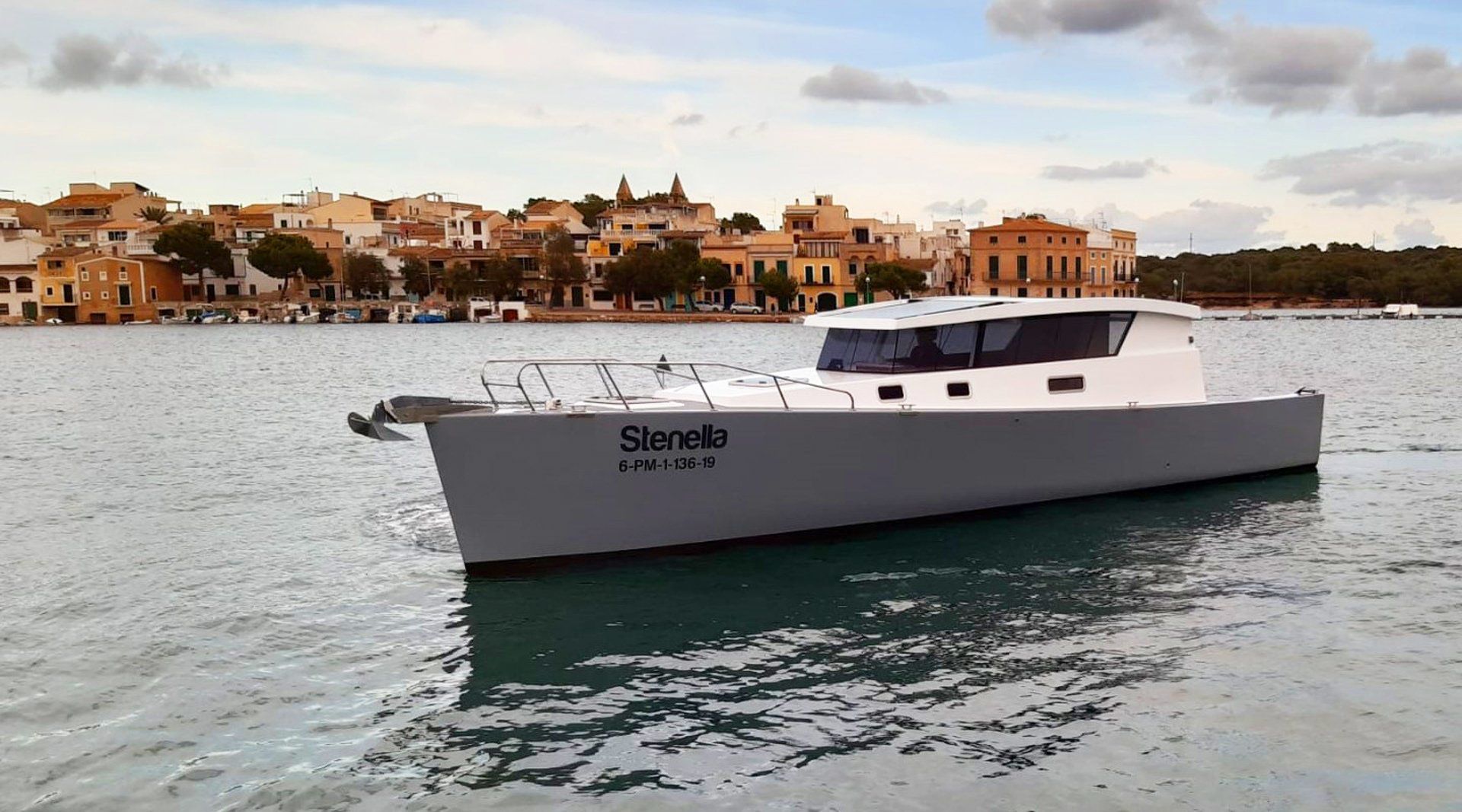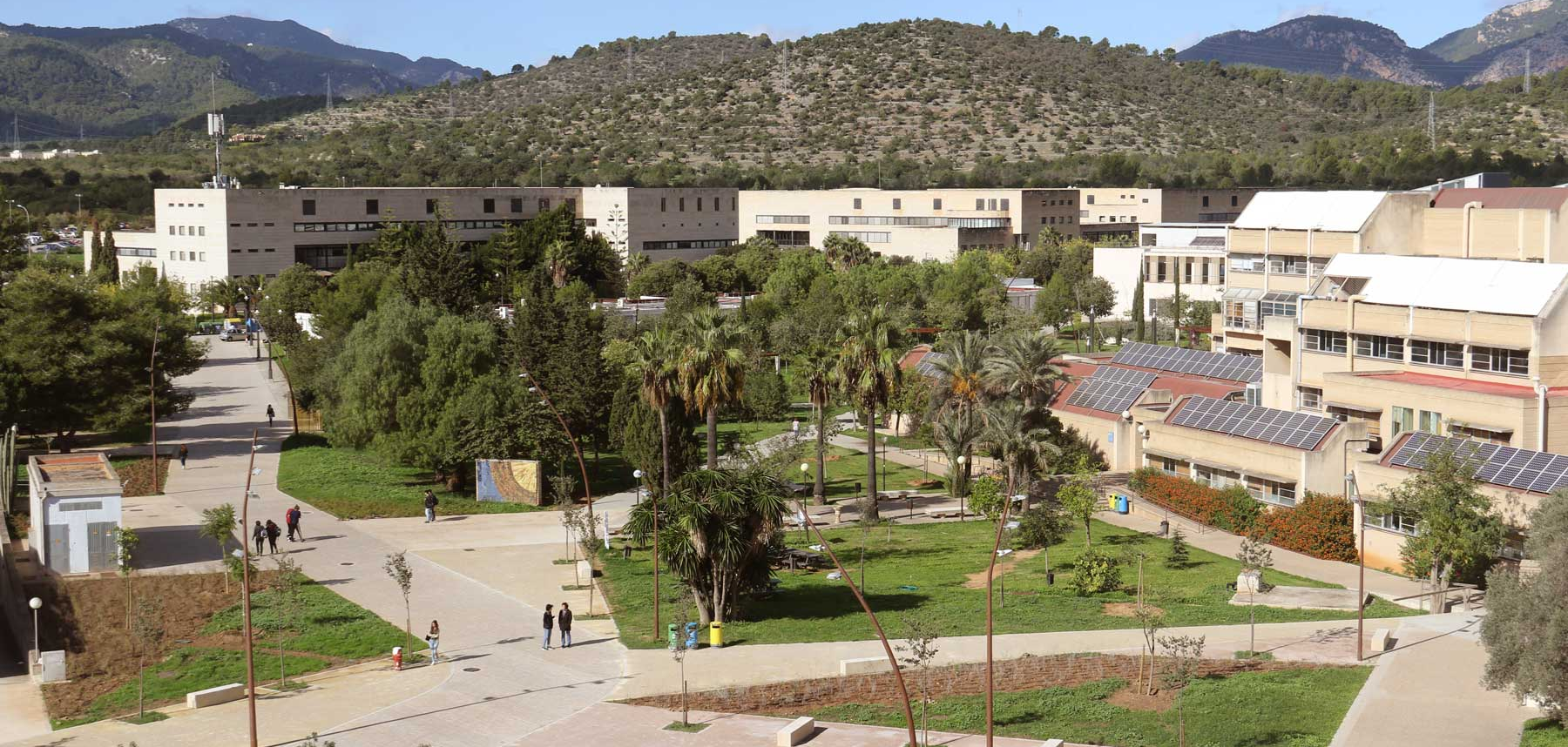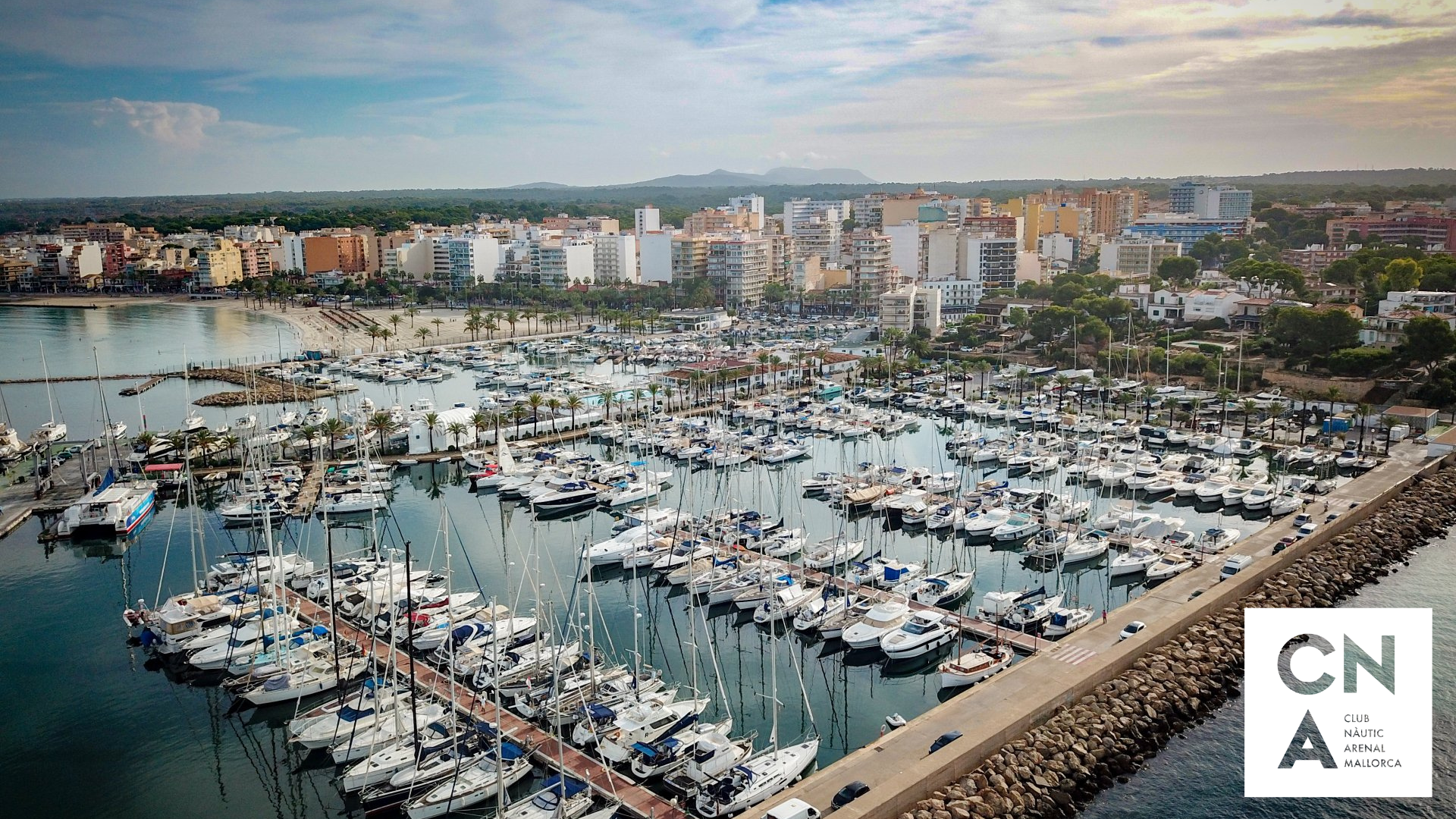Information accessible to everyone
Knowledge available to everyone is the key to fight against Climate Change.
Blog
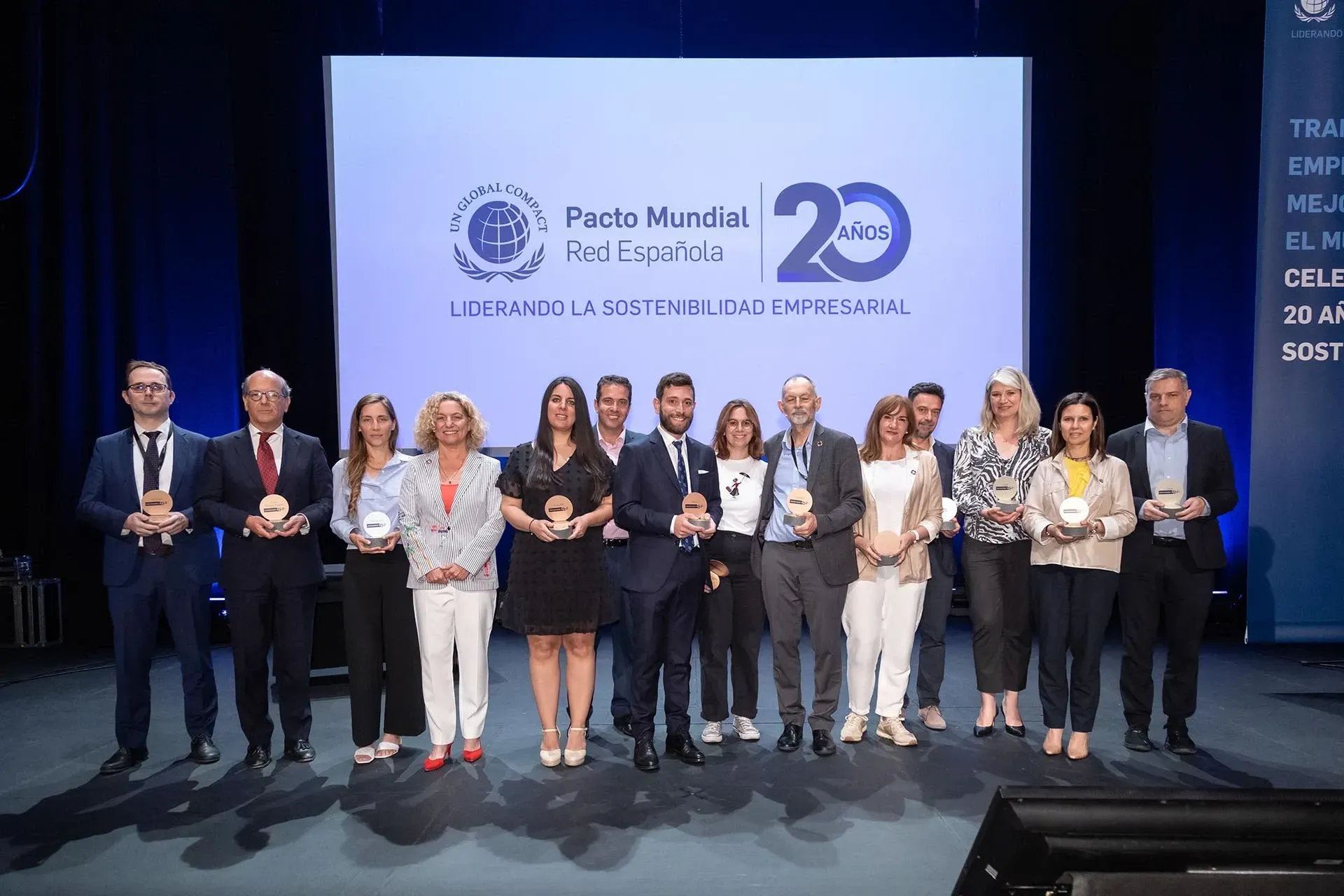
TrueWorld is proud to announce that we have received the Silver Recognition from the UN Global Compact Spain as part of the 'Contigo Somos+' 2024 recognition. This recognition was granted for our successful efforts in bringing more than five companies into the initiative, including Alcudiamar, Son Moragues, Prosolvers, Marina Menorca, and Worlds Pry Services. The 'Contigo Somos+' program, launched in 2014, aims to honor organizations that contribute to the growth of the UN Global Compact by introducing new members to the initiative. The awards ceremony, held during the 2024 General Assembly at the *Círculo de Bellas Artes* in Madrid, is an important event for Spanish companies and entities committed to sustainability. It serves as an annual reference point, gathering like-minded organizations focused on integrating the Global Compact's ten principles into their business models. At TrueWorld, we are committed to fostering sustainability across our entire ecosystem—clients, suppliers, and key stakeholders. This award reflects our dedication to encouraging the adoption of responsible business practices that align with the principles of the UN Global Compact, including human rights, environmental protection, labor standards, and anti-corruption. By collaborating with these partners, we strive to influence not only our internal practices but also the broader network of businesses we engage with. Receiving the Silver Recognition for our efforts reinforces our belief that sustainability is a shared responsibility. The businesses we’ve helped bring into the initiative, such as Alcudiamar and Son Moragues, are now part of a global movement to drive positive change. Their inclusion strengthens the collective effort to create a more responsible business landscape in Spain. As we move forward, we remain dedicated to deepening these partnerships and expanding the reach of the UN Global Compact. This recognition encourages us to continue playing an active role in promoting sustainable development and responsible business practices at every level of our operations. Find out more: https://www.pactomundial.org/noticia/felicidades-conoce-a-los-ganadores-de-los-reconocimientos-contigo-somos-2023-2024/

The Paris Agreement calls for a balance between sinks and sources of emissions in order to achieve what has become known as global net zero. Put more simply, net zero refers to a state by which the greenhouse gases going into the atmosphere are reduced as close to zero as possible and any residual emissions are balanced by permanent removals from the atmosphere by 2050. While governments must take the lead in reducing emissions, action by non‑state actors is critical to achieving global net zero. Since this call was made, numerous corporations, cities, states, and regions have voluntarily committed to achieving net zero emissions. While this is praiseworthy, the absence of regulatory oversight has led to a situation where many of these commitments fall short of aligning with scientific recommendations. Claims preaching what they will do, in the future, and not focusing on what they are doing now are no longer acceptable. These pledges often lack the necessary level of detail to establish their credibility, and there is inconsistent usage of terms like "net zero" or "carbon neutral” and “carbon positive” among others. Deceptive or misleading claims of net zero by non-state actors not only diminish confidence in net zero commitments as a whole but also have the detrimental effect of undermining the commitments made by sovereign states. These misleading claims downplay the significant efforts required to attain global net zero emissions. In the end, to ensure uniformity, rigor, and enforceability, it becomes evident that regulation will be a necessity, as emphasized in by the High-Level Expert Group on the Net Zero Emissions Commitments on their final recommendation. 1. Public Commitment: True Net Zero requires entities to publicly commit to addressing their entire emissions profile, including scope three emissions. The public commitment must reflect the entity's fair share of global climate mitigation efforts. “The pledge should contain interim targets (including targets for 2025, 2030 and 2035) and plans to reach net zero in line with IPCC or IEA net zero greenhouse gas emissions modelled pathways that limit warming to 1.5°C with no or limited overshoot, and with global emissions declining by at least 50% by 2030, reaching net zero by 2050 or sooner. net zero must be sustained thereafter.” 2. Stepping Stone Targets: Entities must set stepping stone targets that encompass their full emissions scope, especially scope three emissions. These targets should align with ambitious pathways to limit global warming, as outlined by IPCC or IEA guidelines. “Targets must include emissions reductions from a non-state actor’s full value chain and activities, including: • scope 1, 2 and 3 emissions for businesses. Where data is missing for scope 3 emissions, businesses should explain how they are working to get the data or what estimates they are using” 3. Value Chain Emission Reduction: Prioritizing deep reductions in scope three emissions across the value chain is a critical aspect of True Net Zero. The recommendations emphasize the importance of not relying on carbon credits for scope three emissions. “actors meeting their interim targets on their net zero pathway are strongly encouraged to balance out the rest of their annual unabated emissions by purchasing high-integrity carbon credits. A high‑quality carbon credit should, at a minimum, fit the criteria of additionality (i.e. the mitigation activity would not have happened without the incentive created by the carbon credit revenues) and permanence” 4. Comprehensive Transition Plans: True Net Zero necessitates comprehensive transition plans that address all emissions sources, including scope three emissions. These plans should provide details on how entities intend to reduce emissions throughout their value chain. “Disclose short-, medium- and long-term absolute emission reduction targets, and, if relevant, relative emission reduction targets. Targets must account for all greenhouse gas emissions and include separate targets for material non-CO2 greenhouse gas emissions”. 5. No Support for Fossil Fuels: Entities should not support new fossil fuel supply, which includes addressing scope three emissions associated with their supply chain. “All net zero pledges should include specific targets aimed at ending the use of and/or support for fossil fuels in line with IPCC and IEA net zero greenhouse gas emissions modelled pathways that limit warming to 1.5°C with no or limited overshoot, with global emissions declining by at least 50% by 2030, reaching net zero by 2050.” 6. Lobby for Positive Climate Action: Collaboration with governments to create strong standards and support ambitious net zero pledges applies to the comprehensive inclusion of all emissions scopes. It helps ensure that entities are genuinely reducing their overall carbon footprint. “Non-state actors must align their external policy and engagement efforts, including membership in trade associations, to the goal of reducing global emissions by at least 50% by 2030 and reaching net zero by 2050. This means lobbying for positive climate action and not lobbying against it.” 7. Deforestation and Natural Ecosystems: True Net Zero goes beyond merely measuring and addressing emissions but also includes efforts to prevent deforestation and protect natural ecosystems. The recommendations call for entities to ensure that their operations and supply chains do not contribute to these environmental challenges. “Businesses should invest in the protection and restoration of ecosystems beyond the emission reductions in their own operations and supply chains in order to achieve global net zero. This is important in light of the systemic financial risks associated with the loss of biodiversity and the exacerbated climate impacts associated with the loss of natural carbon sinks. Contributions may involve payments for ecosystem services, including the purchase and retirement of high-integrity carbon credits, but these credits cannot be used to meet non-state actors’ interim decarbonisation targets (see recommendation 3) 8. Annual Public Reporting: Entities must report on their entire emissions profile, including scope three emissions, in an annual and detailed manner. This aligns with the transparency and accountability required for True Net Zero. “Non-state actors must annually disclose their greenhouse gas data, net zero targets and the plans for, and progress towards, meeting those targets, and other relevant information against their baseline along with comparable data to enable effective tracking of progress toward their net zero targets.” 9. New Deal for Development: Investments in clean energy in developing countries, as recommended, align with the broader goals of True Net Zero by promoting sustainable development and a just transition. “All businesses, including state-owned enterprises, with operations in developing countries should demonstrate how their net zero transition plans contribute to the economic development of regions where they are operating, including integrating just transition elements (e.g. skills development for vulnerable communities dependent on high-emitting industries), resilience and other developmental concerns, such as inequality, gender and energy access issues”. 10. Regulation and Standards: Regulators should develop regulations and standards that encompass the measurement and reduction of scope three emissions, not just scope one and two emissions. This ensures a comprehensive approach to carbon neutrality. “To help governments enact appropriate regulation, multiple actors need to play complementary roles: voluntary standards and initiatives must continue to mobilise leaders and experiment with best practices to advance ambition (Climate Action 100+ and SBTi, 2022). Leadership campaigns like Race to Zero and sector alliances like the Glasgow Financial Alliance for net zero (GFANZ) must reinforce high‑quality voluntary efforts and consolidate best practices into general norms”. In summary, the recommendations from the Expert Group underscore the importance of adopting True Net Zero practices, where entities take a holistic approach to measuring and reducing emissions, including scope three emissions. Greenwashing is no longer acceptable, and entities must be transparent and accountable in their efforts to address their full carbon footprint. This aligns with the global commitment to urgently tackle climate change and achieve true sustainability. SOURCE: https://www.un.org/sites/un2.un.org/files/high-level_expert_group_n7b.pdf
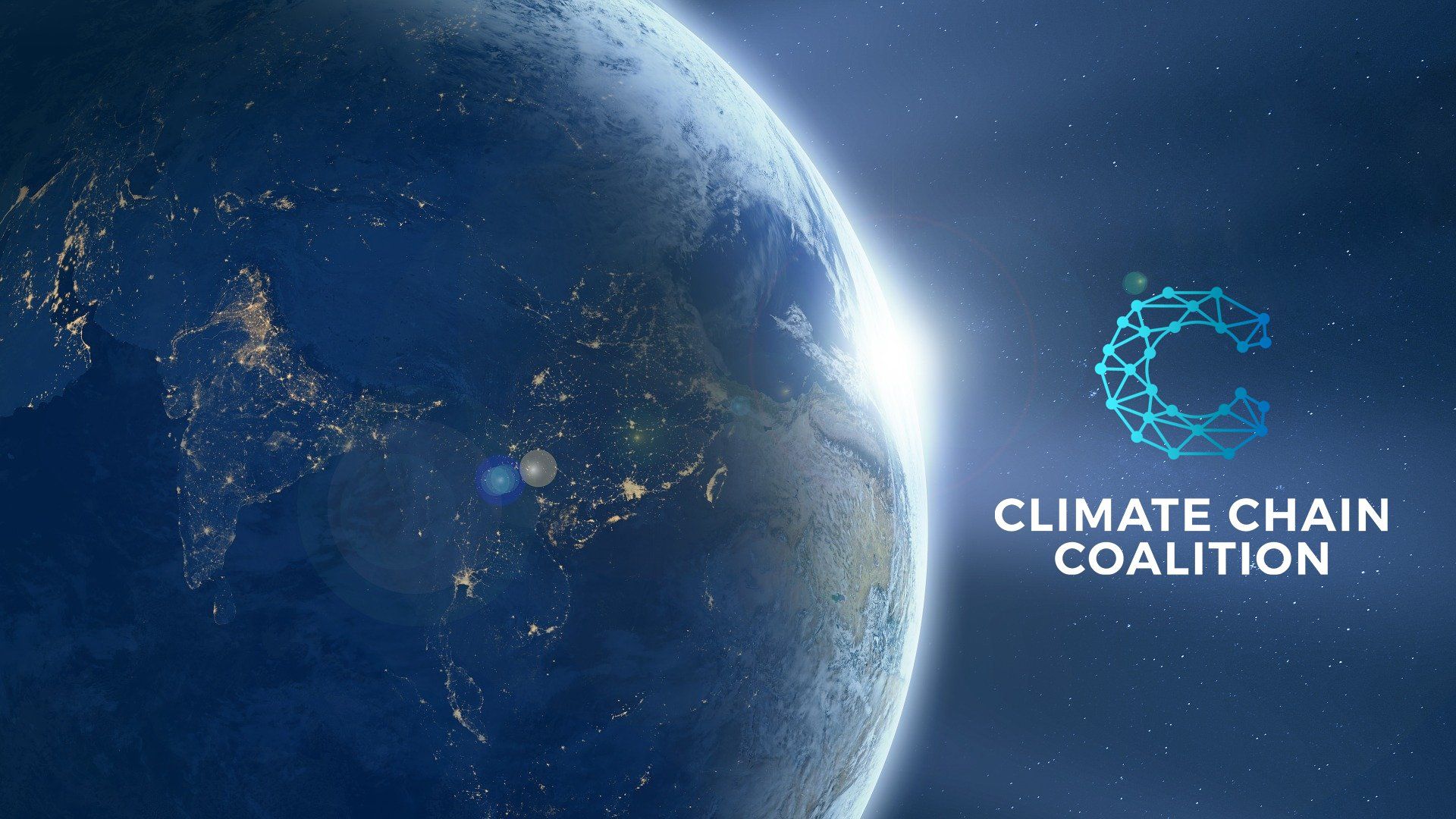
Year 2017: the One Planet Summit is held in Paris - second anniversary of the Paris Agreement - 12 organizations that work in Distributed Ledger Technology (DLT - Blockchain) agree to collaborate and establish a global initiative, the Climate Chain Coalition is born. Two years later, more than 100 companies and institutions are part of this chain with a main objective: to drawdown climate change. Year 2020: TrueWorld Organization (TW) is established, an organization that monitors, in real time thanks to Blockchain technology, all the factors that affect the environment and climate change to make all the information available to society in an accessible and universal manner. TW joins the CCC to pool resources and knowledge and achieve solutions against climate change globally. The DLT system allows measuring, reporting and verifying the impact of all types of operations or processes and the mobilization of climate finance from diversified sources. The potential of Blockchain technology is key in the process of climate change action. It can improve the transparency, accountability and traceability of green gas house emissions as it can support companies and public entities in their process of providing and tracking data in an honest, standardized and accurate manner. The blockchain, unlike centralized networks, was designed to avoid monopoly control of the system. The technology records transactions in an open and permanent way, thus promoting transparency and security. Transactions are peer-to-peer thus eliminating intermediaries. Blockchain has different applications related to the fight against climate change. TW, in addition to the use of blockchain, gathers data and information through the use of smart sensor systems, which gives it the potential to automate and strengthen the monitoring, reporting and verification (MRV) of the environmental impact projects. All of this results in an increase in trust among the actors involved in this type of projects. TW is committed to complying with the standards of truthfulness, transparency and innovation that the CCC has as principles, in addition to working under the Sustainable Development Goals and the Paris Agreement.
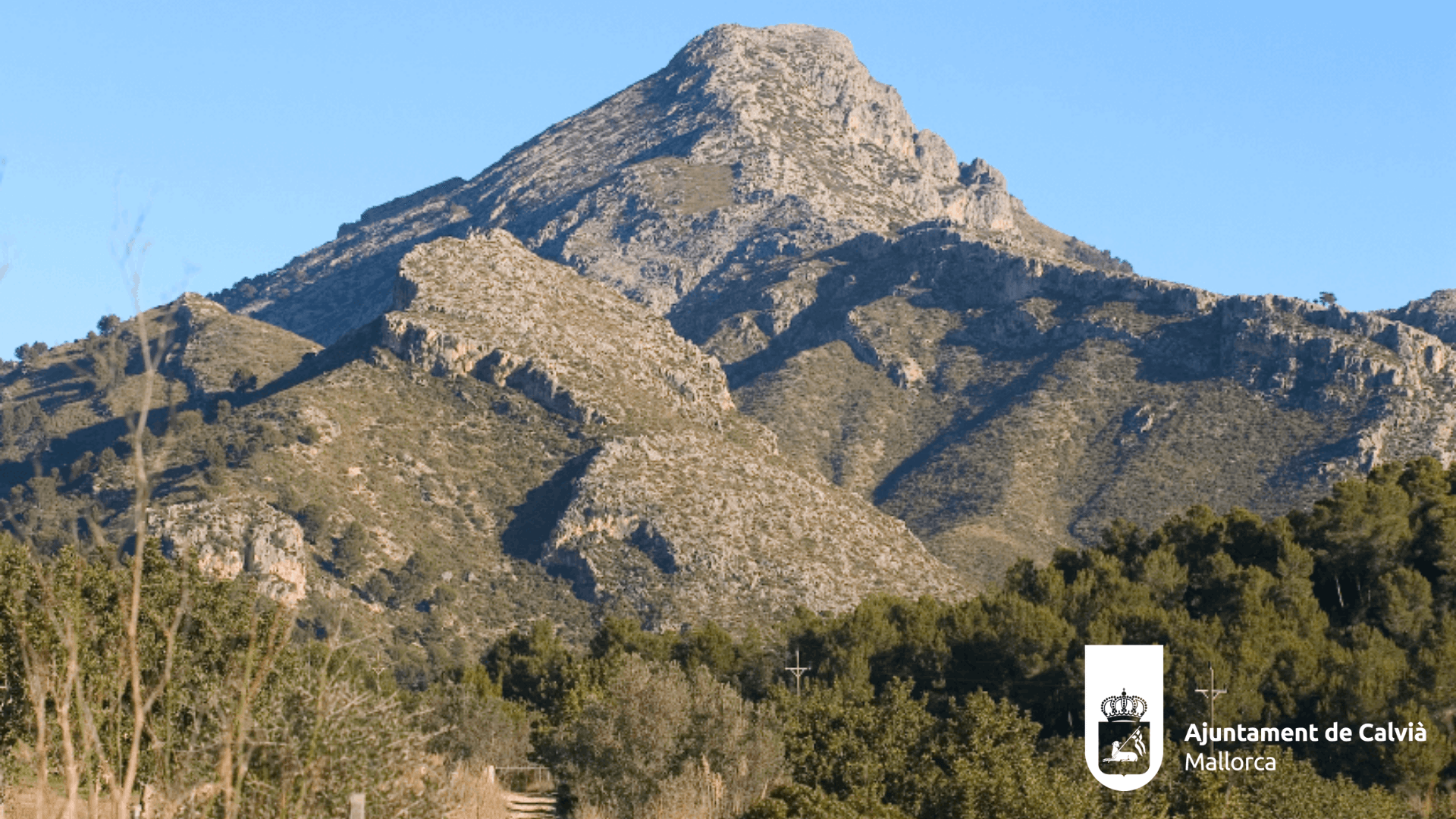
This global management system in real time based on Blockchain is composed of a powerful program capable of learning and proposing efficient tasks through Artificial Intelligence. The data is processed to measure through the scientific method the impact of our activity considering the real needs and limits where the health of our planet is compromised. The municipality of Calvià is located in the western part of Mallorca, forming with the municipality of Andratx the western peninsula that we have historically called the Pariatge. It is a neighbouring area to Palma, but until the arrival of mass tourism it was a marginal area within the island as a whole. With the arrival of tourism, it became the second largest municipality in the Balearic Islands in terms of population and today it is an economic motor for Mallorca. The western foothills of the Serra de Tramuntana mountains are dying out in Calvià, forming at the same time the northern part of the Bay of Palma and making it one of the shortest and longest coasts of all the municipalities of Mallorca with 39 km in length. In total it is a municipality of 145.52 km2 in extension, placing it among the largest municipalities in Mallorca. A large part of Calvià borders on the sea, its land boundaries being the municipalities of Palma, Puigpunyent, Estellencs and Andratx. Since 2009 its population has exceeded 50,000 inhabitants, distributed in 28 towns. For all these reasons, Calvià is one of the most suitable municipalities to undertake this project which will position it as a leader in terms of sustainable destination in the Mediterranean, monitoring in real time the implementation of the criteria and indicators referring to the programme of the Spanish Intelligent Tourist Destination network: intelligent beaches. TrueWorld, Calvià Town Council and the public will obtain productive data on sea level, water quality, temperature, solar radiation, air quality and the meteorological system in real time with predictive models, carried out through the physical facilities of a system of sensors and measuring stations. In this way, benefits are obtained for all the parties involved; Town Hall, citizens and companies as Calvià will be associated as a sustainable municipality, leaders in the green transformation and with a real time system against climate change, having a system to control emissions and carbon footprint and above all, an accessible and global visualisation platform with real data.
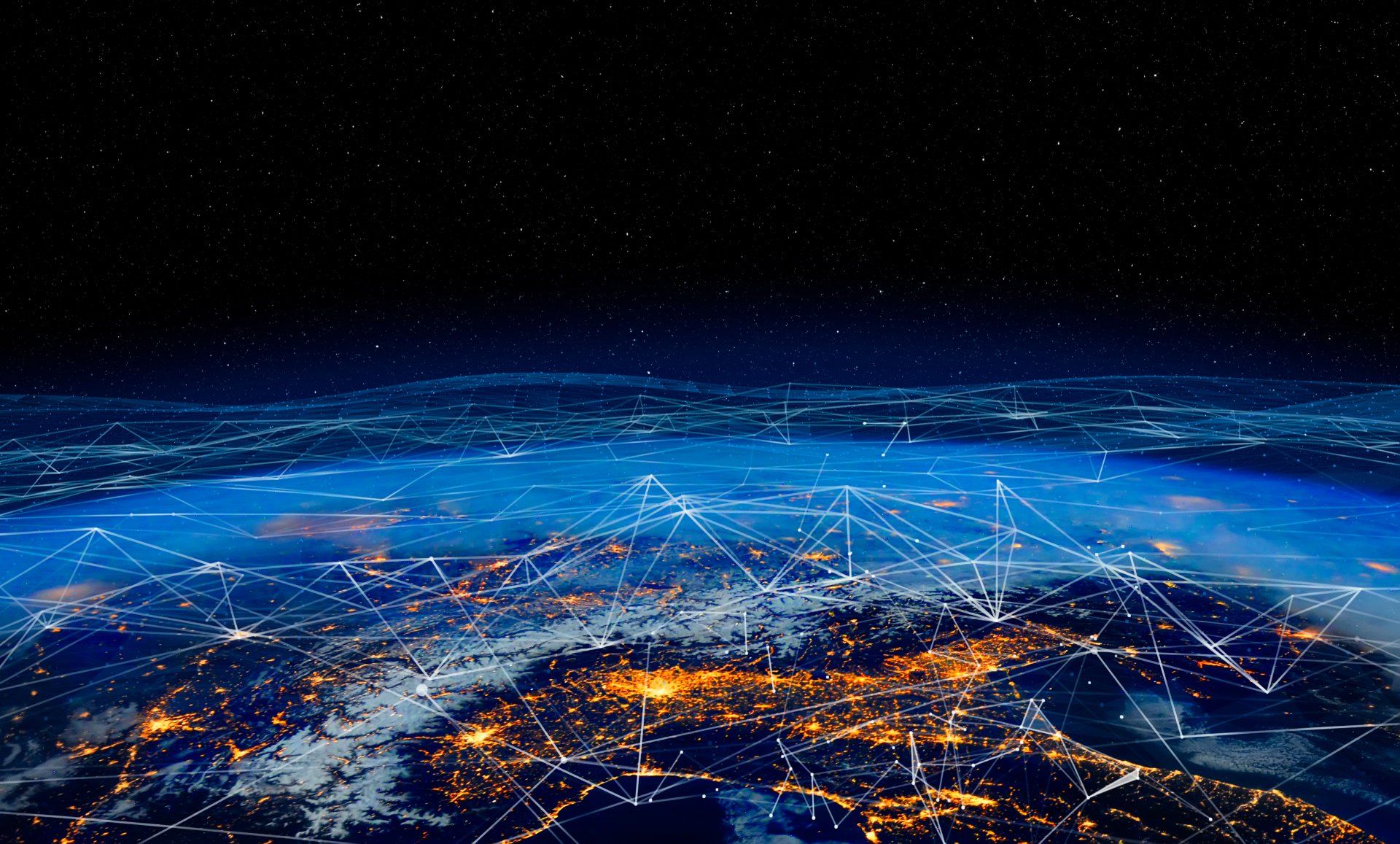
The climate emergency facing humanity requires immediate action with scientific rigour. This requires a universal and verified information management model that interacts with institutions, entities and citizens. TrueWorld was born with the conviction that society's knowledge of information is essential to achieve a common goal: to achieve a better world not only for this generation but also for future ones. With an innovative system based on Blockchain technology, TrueWorld makes the information and knowledge necessary to democratise the fight against climate change available to all of society. Real-time monitoring of the main climate change indicators are interpreted, published and disseminated with a vocabulary that is accessible and universal for everyone. Furthermore, it is the first environmental platform that neutralizes all its emissions, including those derived from the use of its servers, websites, social networks, etc. However, TrueWorld not only puts technology, innovation and knowledge at the service of society, but also offers what the corporation itself calls TrueSolutions; innovative solutions based on blockchain technology so that companies in both the public and private sectors have a personalised monitoring tool with the aim of achieving maximum productivity in the most effective and efficient way. The company also presents itself as one of the best platforms for Smart Cities and Intelligent Tourist Destinations (ITD) projects. "The climate emergency makes evident the need to apply solutions based on science, technology and people to achieve sustainable development and fight climate change". TrueWorld is a member of the Climate Chain Coalition in accordance with the Paris Pact objectives, the UN's Sustainable Development Goals and the Intergovernmental Panel on Climate Change (IPCC) bases and standards. This is the first platform for fighting climate change in a blockchain, which is universal and accessible to society as a whole and which guarantees the traceability of information, true information based on the science necessary to undertake the change to a better world.



